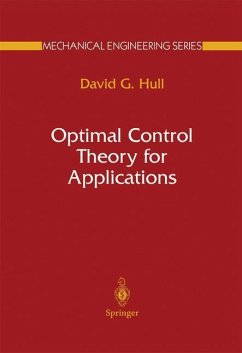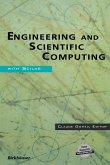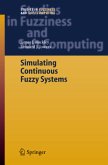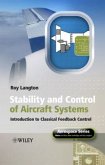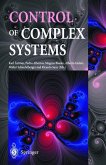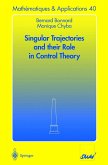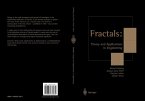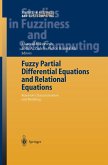This textbook is the outgrowth of teaching analytical optimization to aerospace engineering graduate students. To make the material available to the widest audience, the prerequisites are limited to calculus and differential equations. It is also a book about the mathematical aspects of optimal control theory. It was developed in an engineering environment from material learned by the author while applying it to the solution of engineering problems. One goal of the book is to help engineering graduate students learn the fundamentals which are needed to apply the methods to engineering problems. The examples are from geometry and elementary dynamical systems so that they can be understood by all engineering students. Another goal of this text is to unify optimization by using the differential of calculus to create the Taylor series expansions needed to derive the optimality conditions of optimal control theory.
Mechanical engineering, an engineering discipline born of the needs of the in dustrial revolution, is once again asked to do its substantial share in the call for industrial renewal. The general call is urgent as we face profound issues of productivity and competitiveness that require engineering solutions, among others. The Mechanical Engineering Series is a series featuring graduate texts and research monographs intended to address the need for information in con temporary areas of mechanical engineering. The series is conceived as a comprehensive one that covers a broad range of concentrations important to mechanical engineering graduate education and research. We are fortunate to have a distinguished roster of consulting editors, each an expert in one of the areas of concentration. The names of the consulting editors are listed on page ii of this volume. The areas of concentration are applied mathematics, biomechanics, computational mechanics, dynamic systems and control, energetics, mechanics of materials, processing, thermal science, and tribology. Austin, Texas Frederick F. Ling Preface Optimization is an area of mathematics that is concerned with finding the "best" points, curves, surfaces, and so on. "Best" is determined by minimizing some measure of performance subject to equality and inequality constraints. Points are constrained by algebraic equations; curves are constrained by or dinary differential equations and algebraic equations; surfaces are constrained by partial differential equations, ordinary differential equations, and algebraic equations.
Hinweis: Dieser Artikel kann nur an eine deutsche Lieferadresse ausgeliefert werden.
Mechanical engineering, an engineering discipline born of the needs of the in dustrial revolution, is once again asked to do its substantial share in the call for industrial renewal. The general call is urgent as we face profound issues of productivity and competitiveness that require engineering solutions, among others. The Mechanical Engineering Series is a series featuring graduate texts and research monographs intended to address the need for information in con temporary areas of mechanical engineering. The series is conceived as a comprehensive one that covers a broad range of concentrations important to mechanical engineering graduate education and research. We are fortunate to have a distinguished roster of consulting editors, each an expert in one of the areas of concentration. The names of the consulting editors are listed on page ii of this volume. The areas of concentration are applied mathematics, biomechanics, computational mechanics, dynamic systems and control, energetics, mechanics of materials, processing, thermal science, and tribology. Austin, Texas Frederick F. Ling Preface Optimization is an area of mathematics that is concerned with finding the "best" points, curves, surfaces, and so on. "Best" is determined by minimizing some measure of performance subject to equality and inequality constraints. Points are constrained by algebraic equations; curves are constrained by or dinary differential equations and algebraic equations; surfaces are constrained by partial differential equations, ordinary differential equations, and algebraic equations.
Hinweis: Dieser Artikel kann nur an eine deutsche Lieferadresse ausgeliefert werden.
From the reviews: "It presents a unified approach to the conversion of nonlinear optimal control problems into parameter optimizations for numerical solutions. ... the book is written in a way that is very accessible to the audience. The selection of topics is useful and coherent, and the book is well organized. ... is highly effective in explaining basic ideas of optimal control. ... It can also be a useful reference to engineers and researchers who want to use applied optimal control theories for solving engineering problems ... ." (Yiyuan J. Zhao, International Journal of Robust and Nonlinear Control, Vol. 15 (17), 2005)

